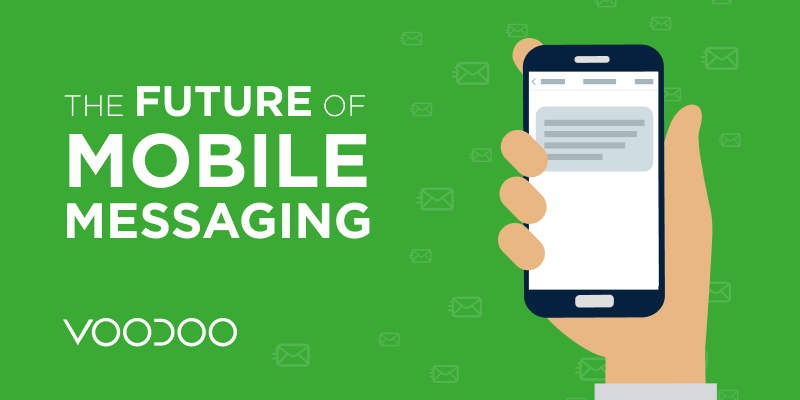
5G: The Future of Mobile
5G has been in the news recently as Ofcom has auctioned the 5G spectrum, with the UK’s largest network operators spending just under £1.4 billion for their share of the future. The blog post explores what 5G is exactly, when we can expect it and what it will mean for us as mobile users.
What is 5G?
5G is the UK’s next generation mobile network providing a wireless connection, just like 4G was rolled out to succeed 3G. It makes sense here that the “G” in these iterations stands for “generation”.
The difference between it and previous generations is that 5G will use a higher radio frequency, meaning smaller waves that can transfer data much more quickly. The only issue here is that a lot more antennae will be needed as the shorter the wave the less likely it is able to permeate things like buildings, or even rain.
The speed of 5G is not yet known as there have been no real tests, but manufacturers such as Nokia and Samsung estimate between 3 and 10gbps. That’s up to 12 times as fast as current 4G connections! Of course, the modem in your handset that allows internet connectivity has to be able to support these speeds but most manufacturers are now creating 5G enabled devices.
In a nutshell, to meet the definition of GG, 13 specs outlined by the International Telecommunications Union in February 2017 will have be be met:
- 20Gbps peak download rate
- 10Gbps peak upload rate
- 30bps/Hz peak spectral efficiency downlink
- 15bps/Hz peak spectral efficiency uplink
- 100Mbps user experienced download rate
- 50Mbps user experienced upload rate
When can we expect it?
The UK release of 5G connectivity is expected to be in 2020, meaning that we still have 2 years to wait for ultra mobile internet speeds. This could be moved up though, as Korea Telecom are building the new network infrastructure and hope to release 5G in South Korea as early as next year.
Strides are being made in the UK though. After the auction of the 5G spectrum by Ofcom a few days ago, Vodafone (with the largest share of the spectrum) sent the first test on 12th April from their HQ in Manchester to Berkshire.
What does it mean for the mobile user?
Simply put, faster connectivity will mean that mobile users will be able to upload and download content much more quickly than is currently possible. For example, Huawei claim that 5G will allow you to download an 8GB HD movie in 6 seconds, compared to the 7 minutes it currently takes with a 4G connection.
This connectivity means that mobile internet connections will be capable of supporting things like high-resolution live gaming, live-streaming in ultra HD and many futuristic applications that we can’t comprehend now because we do not yet have the network infrastructure needed to support them.
Overall, it will make us more connected, more quickly and with more content sharing options available than ever before.
